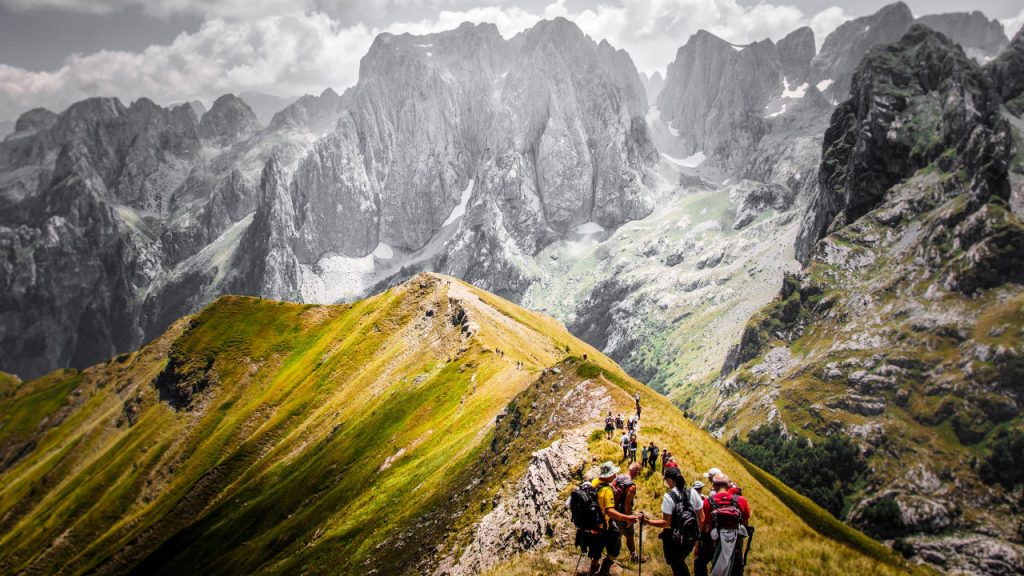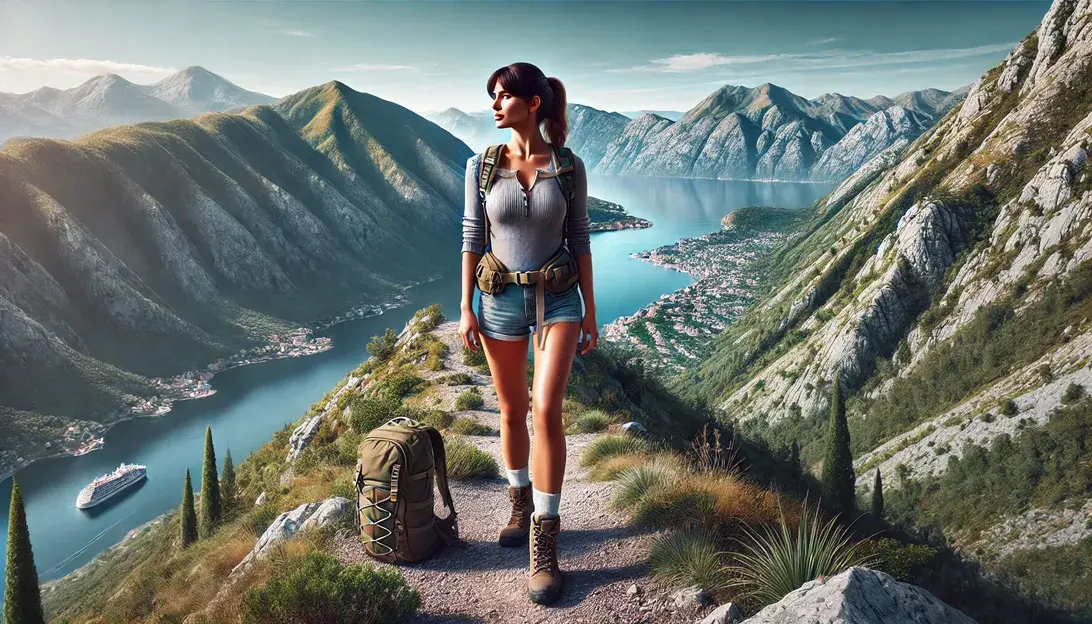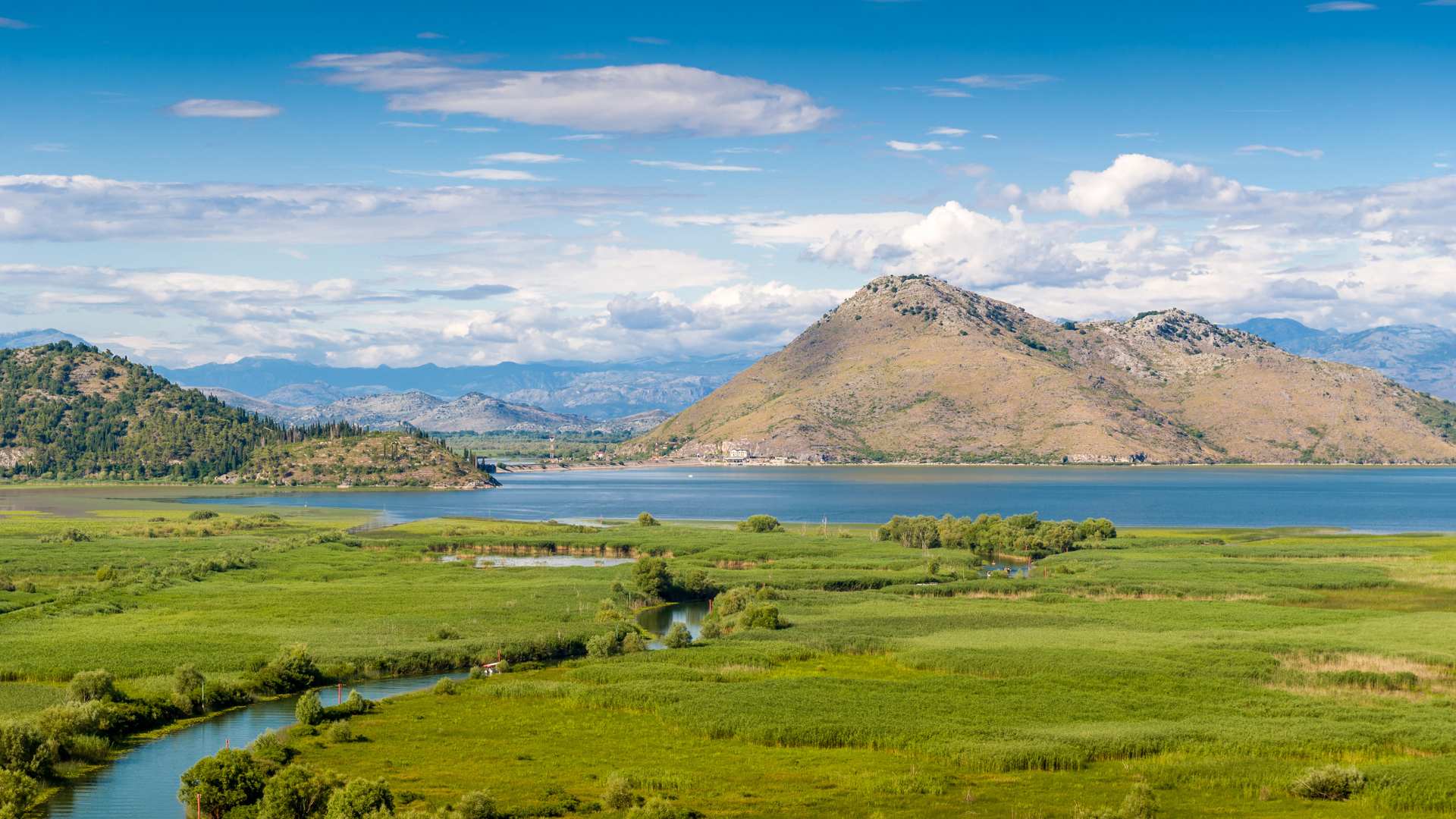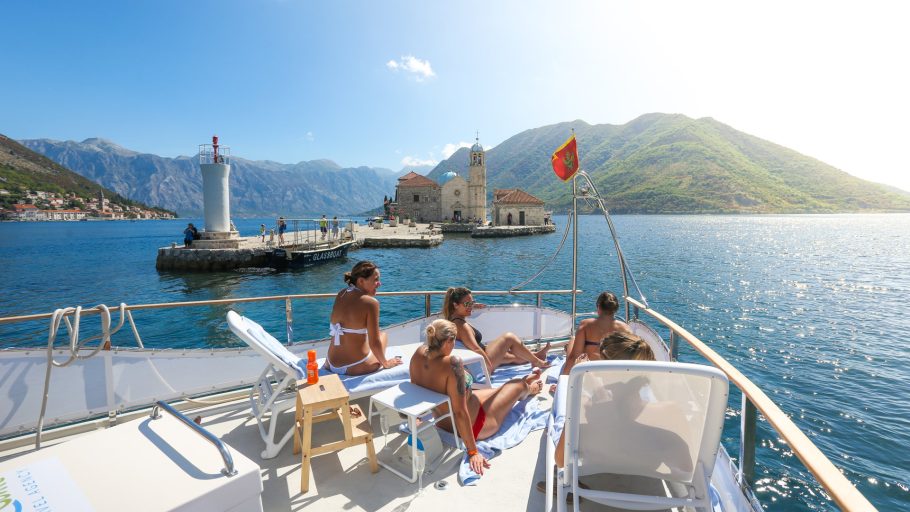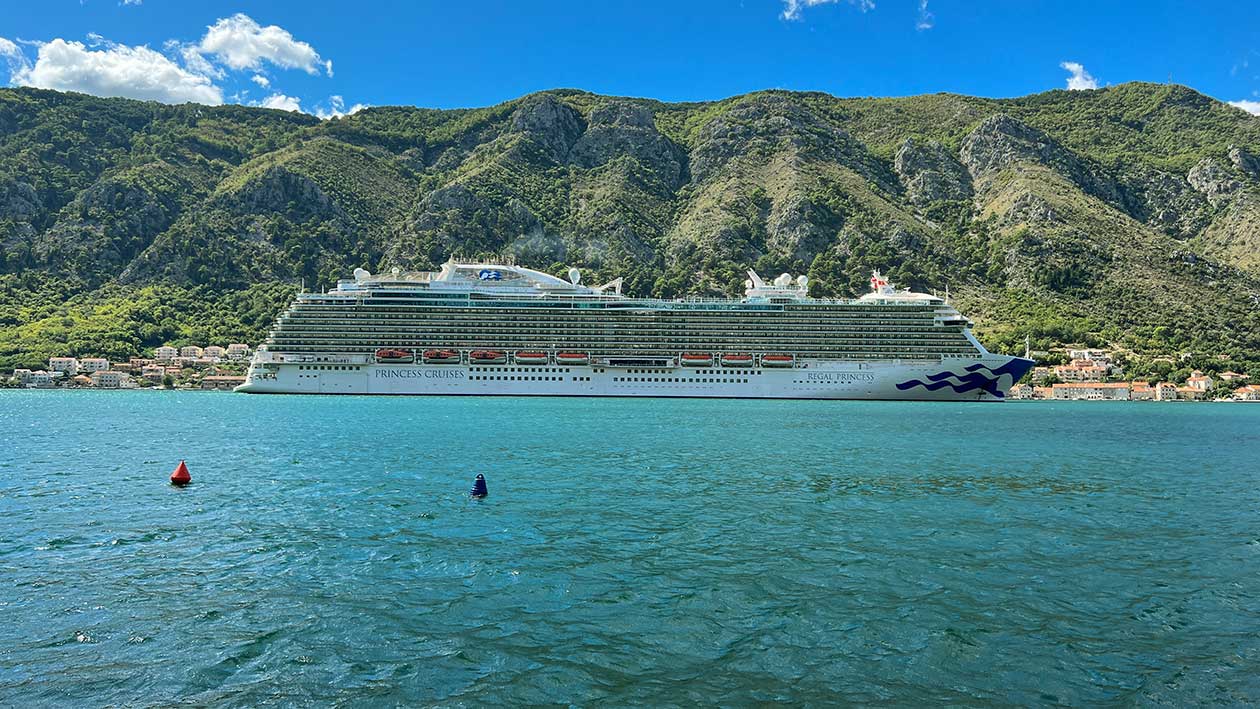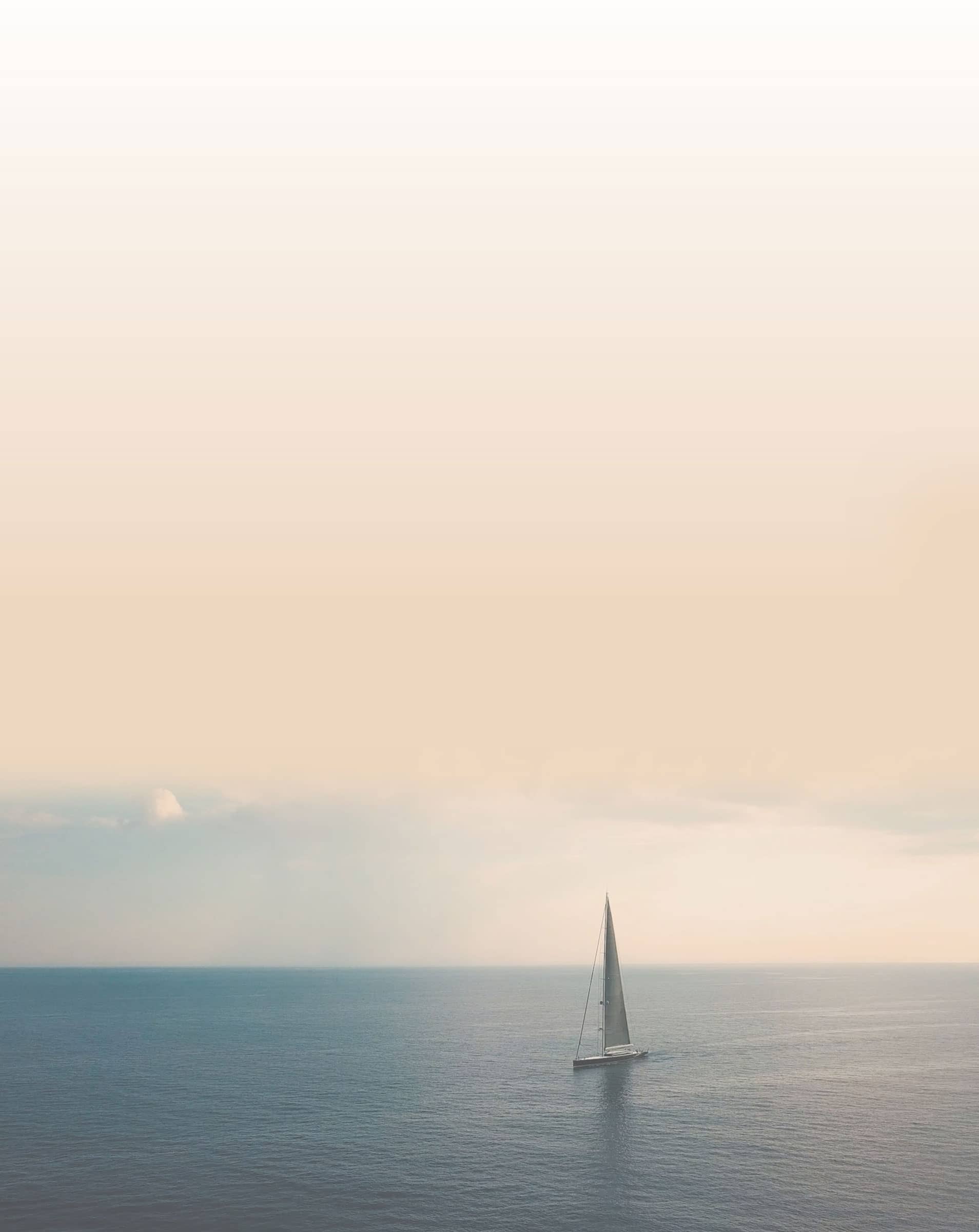Prokletije National Park
Prokletije National Park lies ‘hidden’ in the southeastern part of Montenegro. A place of jagged peaks and the forests that remain unexplored, providing deep scenic beauty. If you’re looking for places laced with scenic views and billboards with no people, paired with quiet serenity, they – the Accursed Mountains- are your ultimate stop.
Where Is Prokletije National Park?
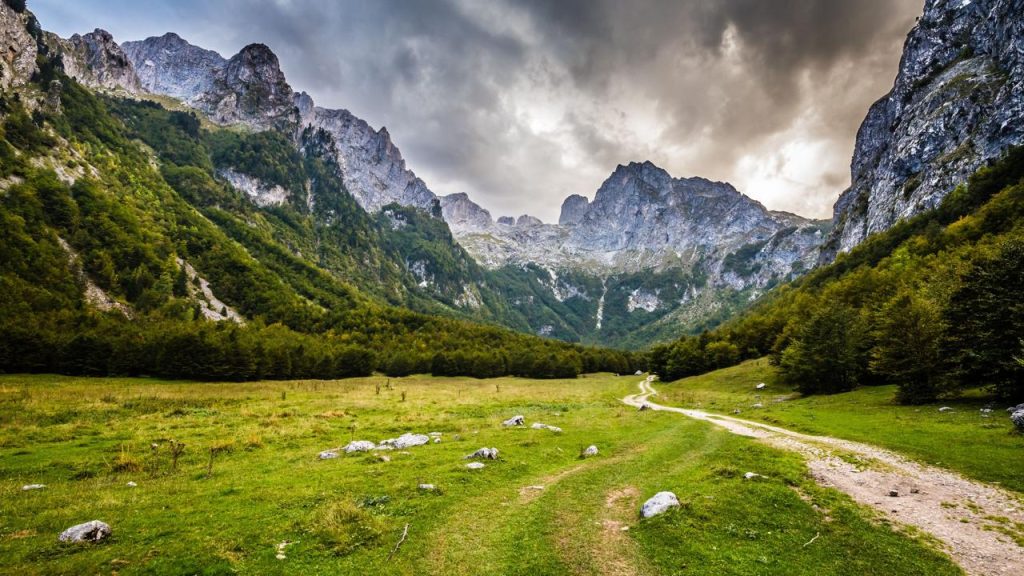
Prokletije National Park is located in the Plav and Gusinje municipalities, bordering Albania and Kosovo. It encompasses a part of the Dinaric Alps known for dramatic limestone peaks, steep gorges, and alpine biodiversity. This area was declared Montenegro’s fifth national park in 2009, covering around 16,630 hectares.
Highlights & Natural Wonders of Prokletije National Park
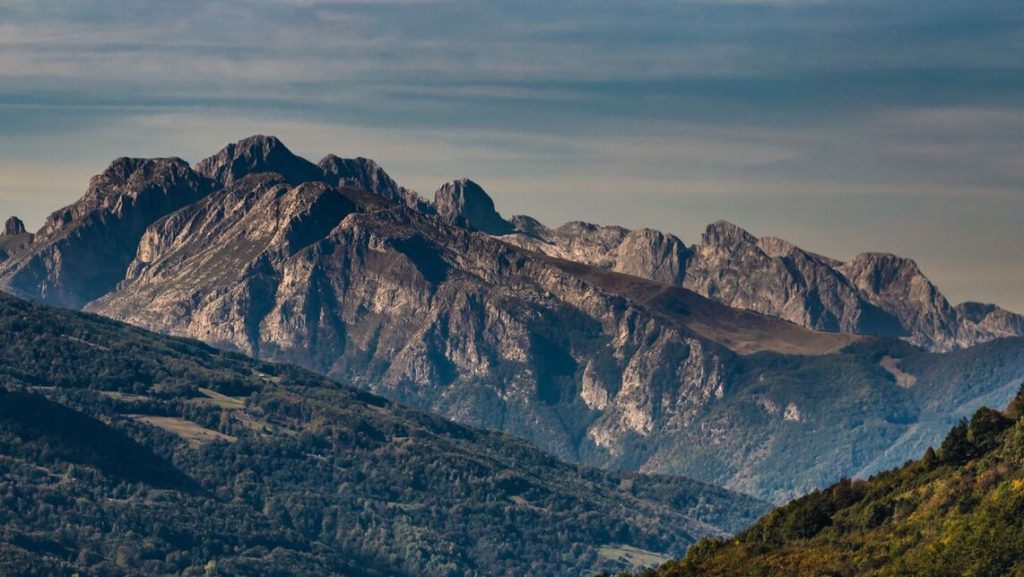
Rugged Peaks
The park is home to some of Montenegro’s highest and most dramatic mountain peaks, including:
- Zla Kolata (2,534m) – The highest peak in Montenegro.
- Talijanka and Volušnica – Popular for scenic ridge hikes.
These limestone giants are often compared to the Dolomites or the Alps, but with far fewer tourists.
Glacial Lakes of Prokletije
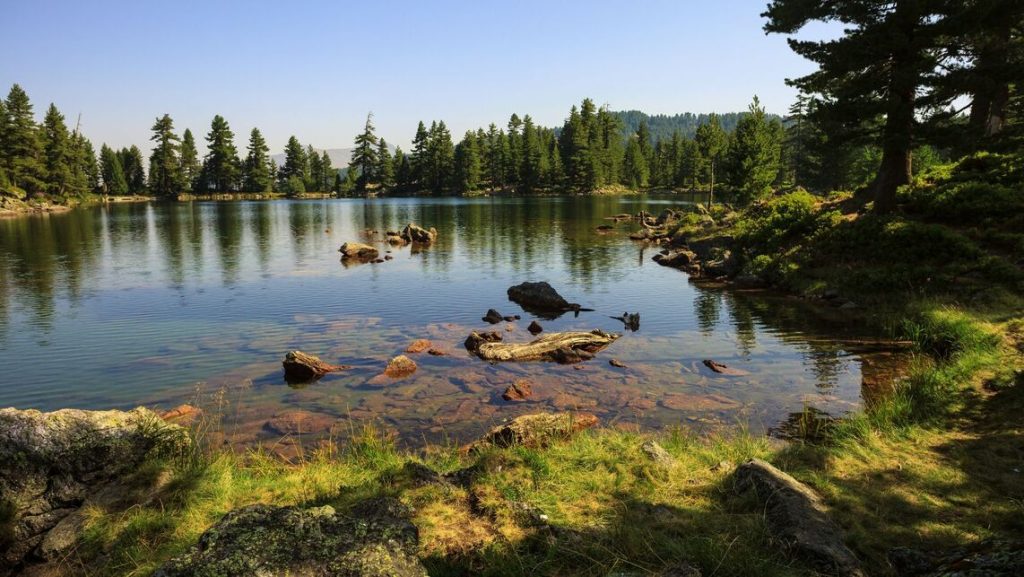
- Hridsko Lake – A pristine mountain lake surrounded by legend and pine forests.
- Plav Lake – One of Montenegro’s largest glacial lakes, perfect for kayaking or a scenic stroll.
- Visitorsko Lake – High-altitude and magical.
- Oko Skakavice
Biodiversity & Wildlife in Prokletije National Park
Prokletije’s remote location and challenging terrain have preserved its wildness:
- Over 1,700 species of plants, including many endemic to the Balkans.
- Home to lynx, bears, wolves, chamois, and over 100 species of birds.
Best Hikes in Prokletije National Park
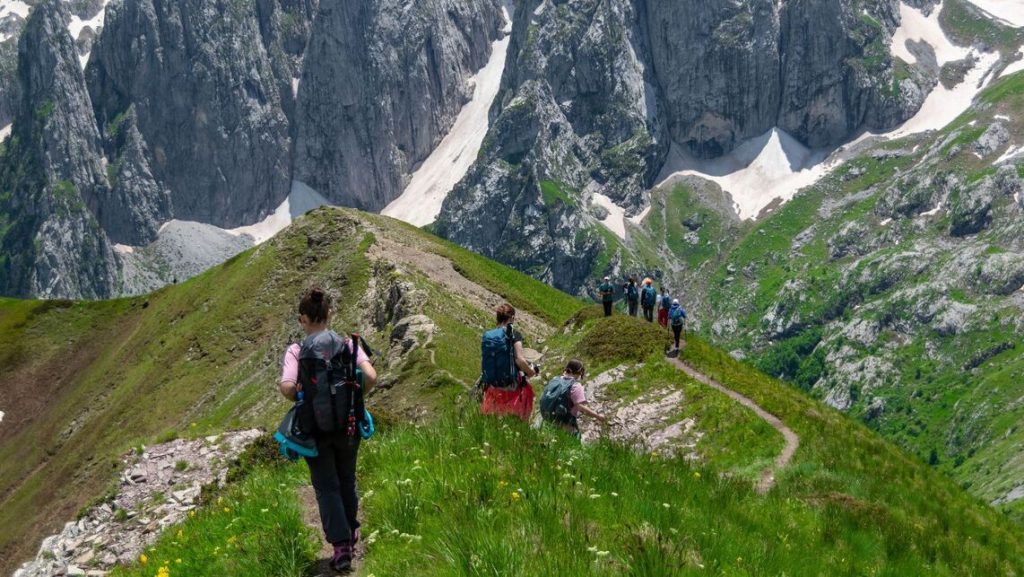
Volušnica – Talijanka – Popadija Ridge Hike
A moderate-to-challenging circular route with stunning views into the Grebaje Valley and across to the Albanian Alps. It’s the most iconic hike in the park.
Trail Type: Loop
Distance: ~10 km
Time: 5–7 hours
Start Point: Grebaje Valley
Zla Kolata (2534m)
Climb Montenegro’s highest peak. Best done with a guide due to lack of trail markings and some scrambling sections.
Trail Type: Out-and-back
Time: 8–10 hours
Difficulty: Hard
Start Point: Vusanje or Valbona (via border crossing)
Ali Paša’s Springs (Ali-Pašini Izvori)
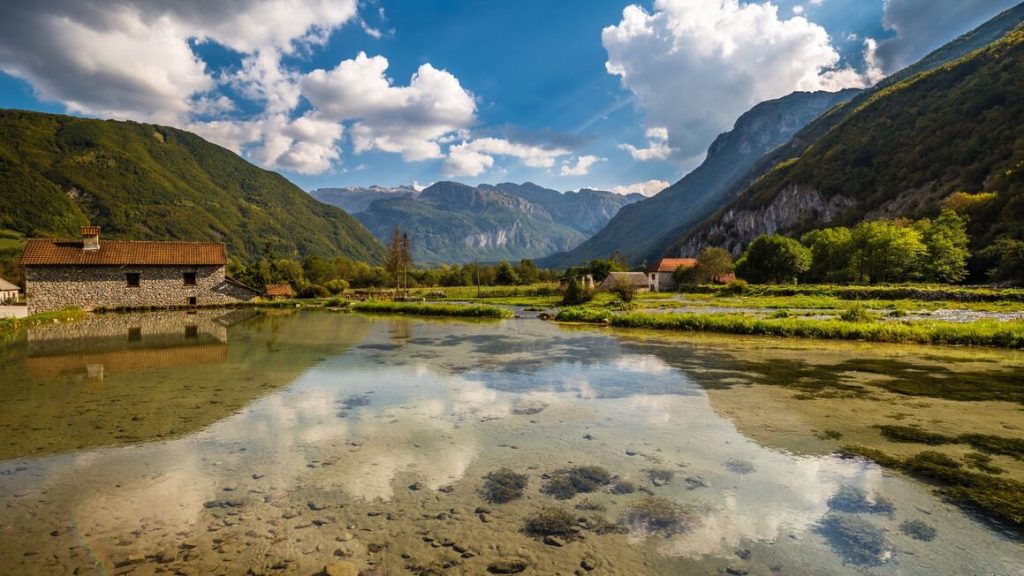
An easy walk from Gusinje to a beautiful spring area—a perfect picnic spot with towering peaks in the backdrop.
Trail Type: Easy
Time: 1–2 hours
Distance: ~2–4 km
Activities Beyond Hiking
- Climbing: Popular among alpinists seeking new routes in untouched areas.
- Mountain Biking: Trails around Plav and Grebaje Valley.
- Paragliding: Soar over Prokletije’s dramatic landscapes.
- Cultural Tours: Visit mosques, old towers, and traditional Albanian-Montenegrin villages in Plav and Gusinje.
Local Villages and Culture of the Prokletije Region
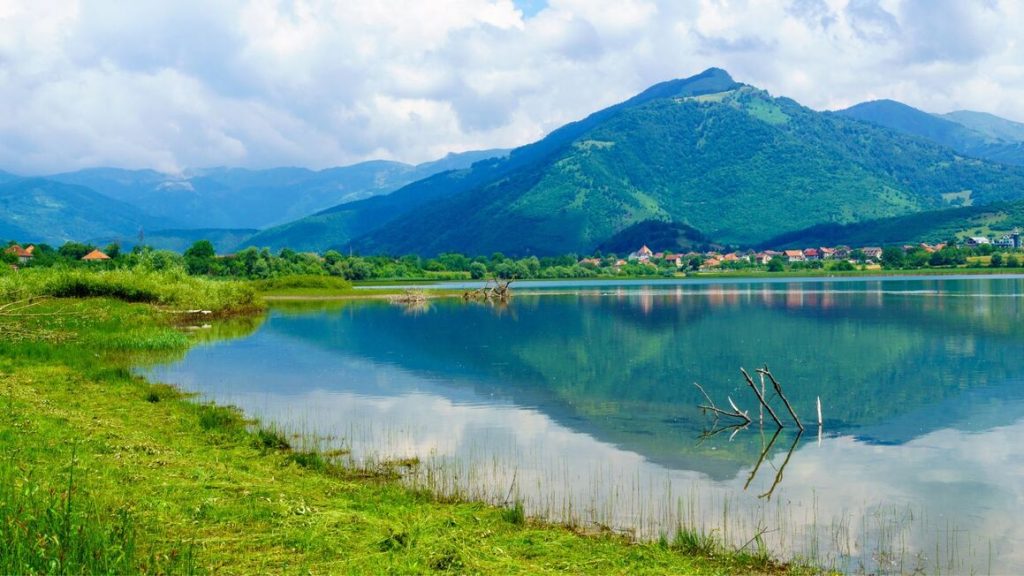
Plav
- A small town at the edge of the national park, home to Plav Lake, charming walking trails, and traditional food.
- Don’t miss the Redžepagić Tower, a 17th-century Ottoman-style house-museum.
Gusinje
- A village surrounded by dramatic peaks and rivers.
- Known for hospitality and proximity to the Grebaje Valley—a gateway to many hikes.
- Ropojana Valley – Top of the list when it comes to beauty and a must-visit!
Where to Stay in Prokletije National Park
- Guesthouses in Plav or Gusinje – Budget-friendly, family-run options with home-cooked meals.
- Mountain Cabins – Some available in Grebaje Valley (seasonal).
- Camping – Wild camping is possible in certain areas; always check local rules.
What to Eat
- Flija – A traditional layered pancake cooked under a bell (sač).
- Burek – Savory pastry filled with meat, cheese, or spinach.
- Fresh trout from mountain rivers and lakes.
- Homemade rakija – Strong local brandy, often offered as a welcome drink.
How to Get to Prokletije National Park
- From Podgorica: 2.5 to 3.5 hours by car via Berane or Andrijevica.
- From Kotor/Budva: ~5–6 hours.
- By Bus: Buses run to Plav and Gusinje, but connections are limited—best to rent a car for flexibility.
Best Time to Visit Prokletije National Park
| Season | Conditions | Highlights |
| Spring (May–June) | Snow melts, blooming wildflowers | Ideal for lakes, lower elevation hikes |
| Summer (July–Sept) | Warm and dry | Best for summit hikes and camping |
| Autumn (Oct) | Cooler, golden foliage | Great for photography |
| Winter (Nov–April) | Heavy snow, many trails inaccessible | Not ideal unless for snow activities |
Note: Some high trails may still have snow well into June. Always check conditions locally before hiking.
Useful Tips: What to Know Before Visiting Prokletije National Park
- Bring Cash – Most places do not accept cards.
- Guides Available – Highly recommended for harder hikes like Zla Kolata.
- Layer Up – Weather can change rapidly, especially at higher altitudes.
- Travel Insurance – Consider one that covers high-altitude trekking.
- Respect Nature – Prokletije is wild; take your trash, stay on trails, and don’t disturb wildlife.
Most Instagrammable Spots in the National Park
- Volušnica viewpoint – Classic shot of Grebaje Valley.
- Zla Kolata Summit – Roof of Montenegro.
- Hridsko Lake – Peaceful alpine reflections.
- Ali Paša Springs – Emerald waters and majestic peaks.
Final Thoughts
A land of extremes and purity, where nature still reigns. Whether you’re a seasoned hiker chasing summits, a cultural explorer discovering traditional villages, or simply someone seeking solitude and silence in the mountains—this wild corner of the Balkans will capture your heart. Welcome to Prokletije National Park – Montenegro’s best-kept secret!

